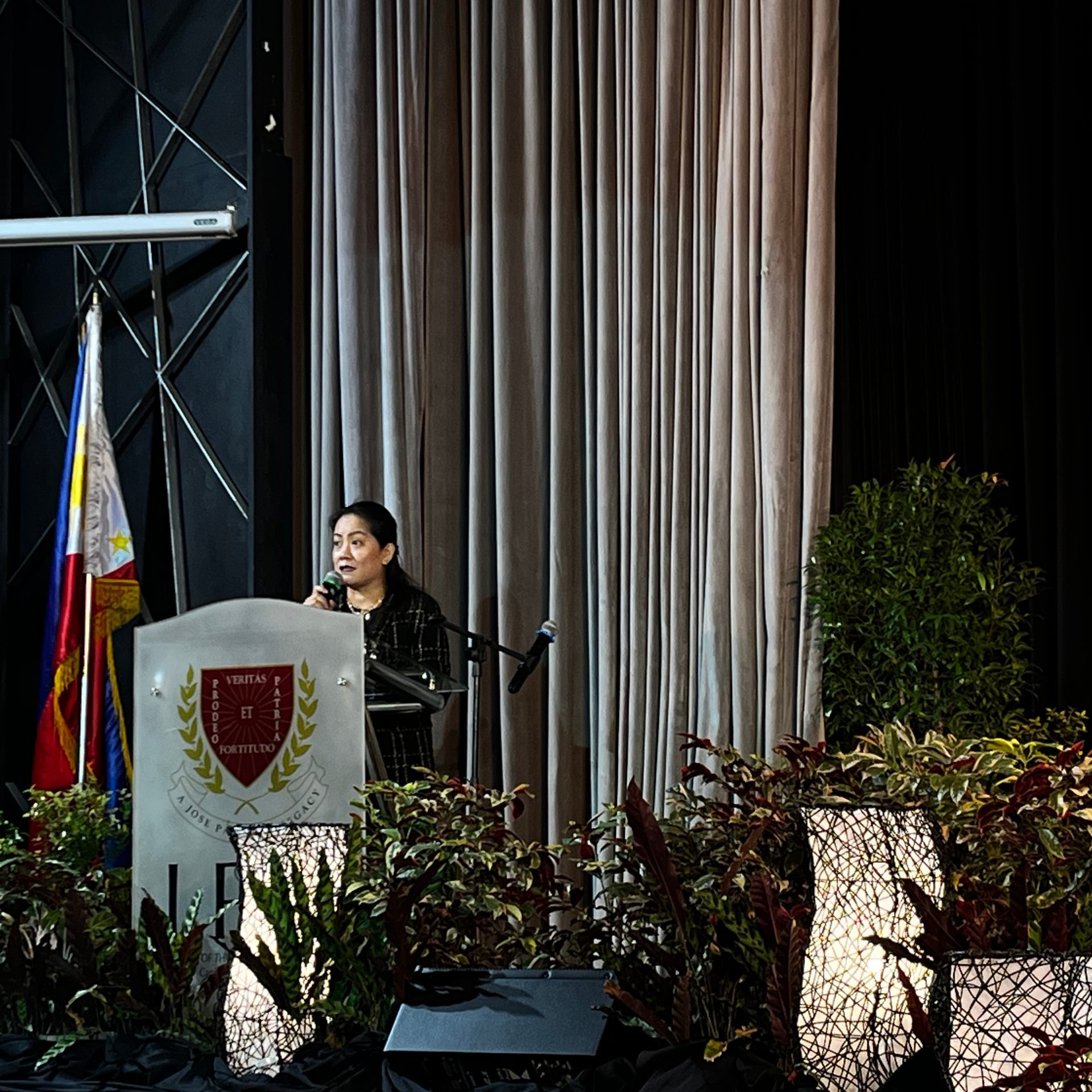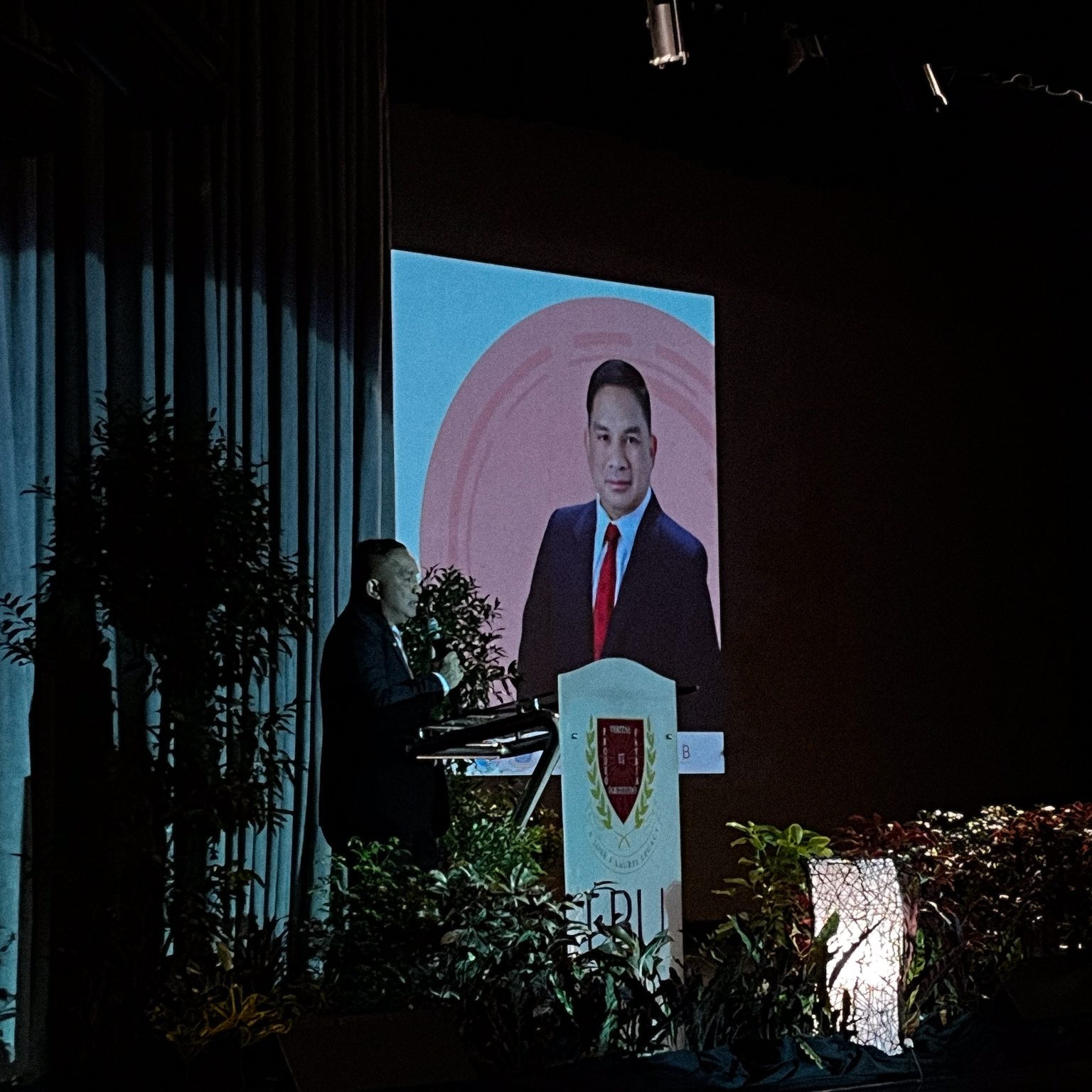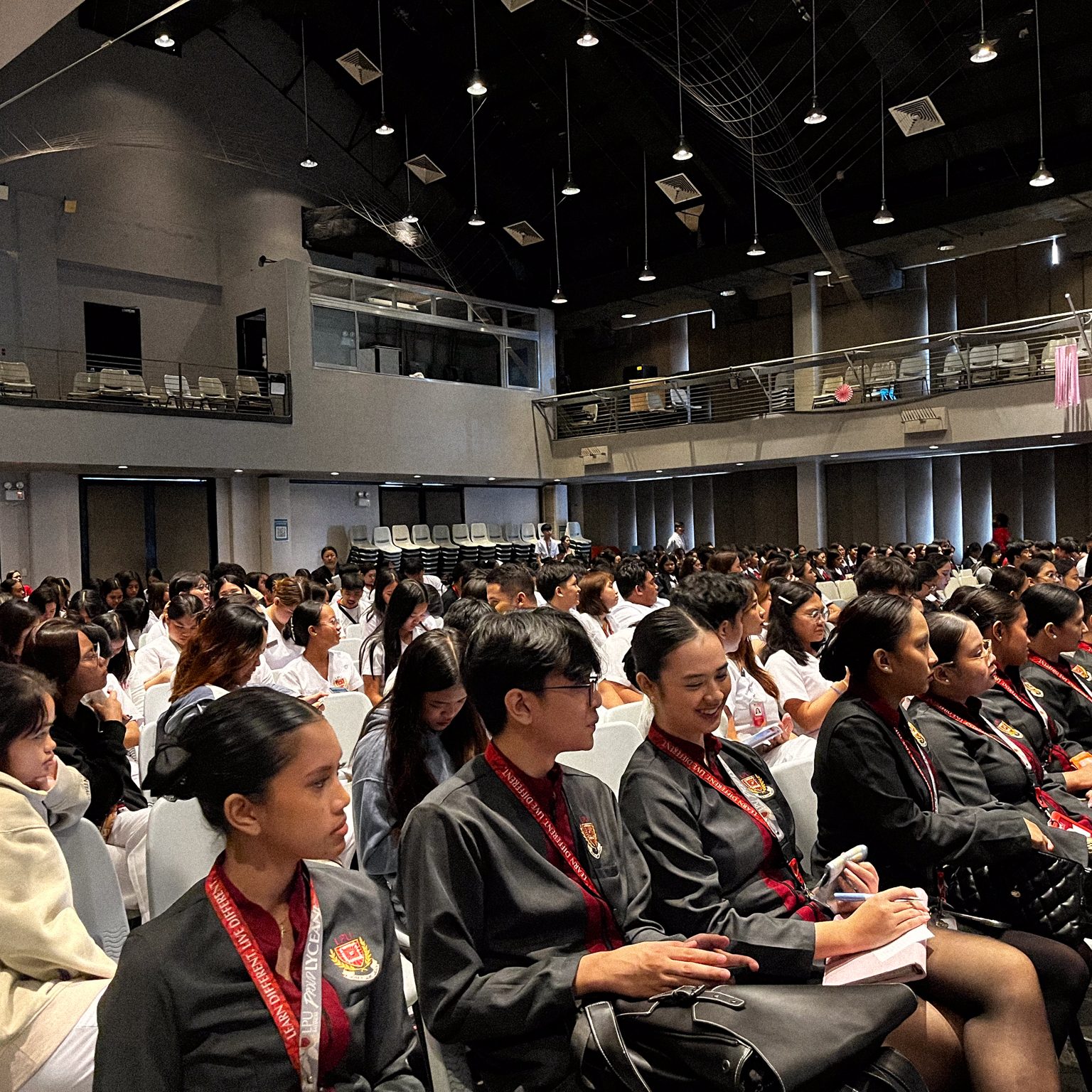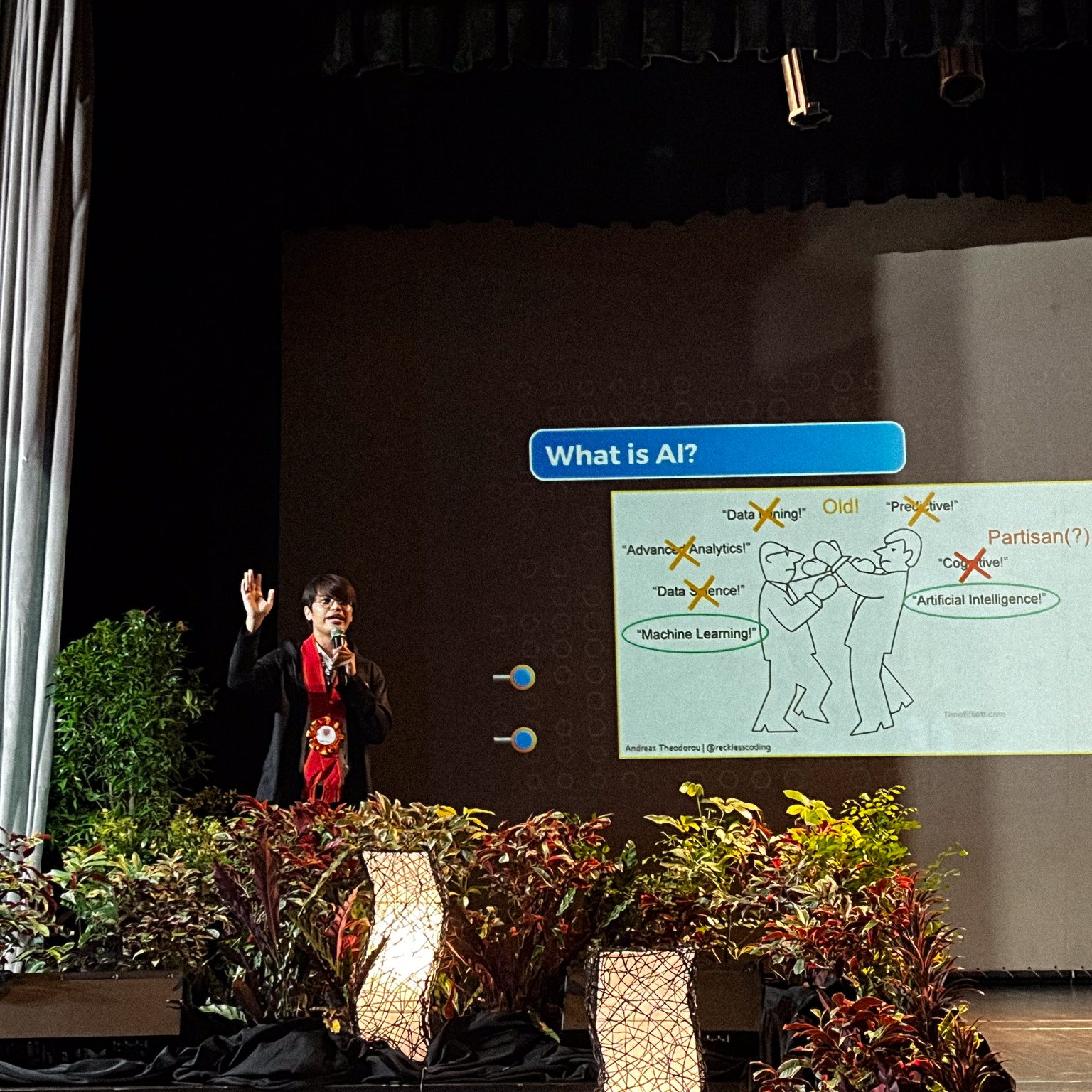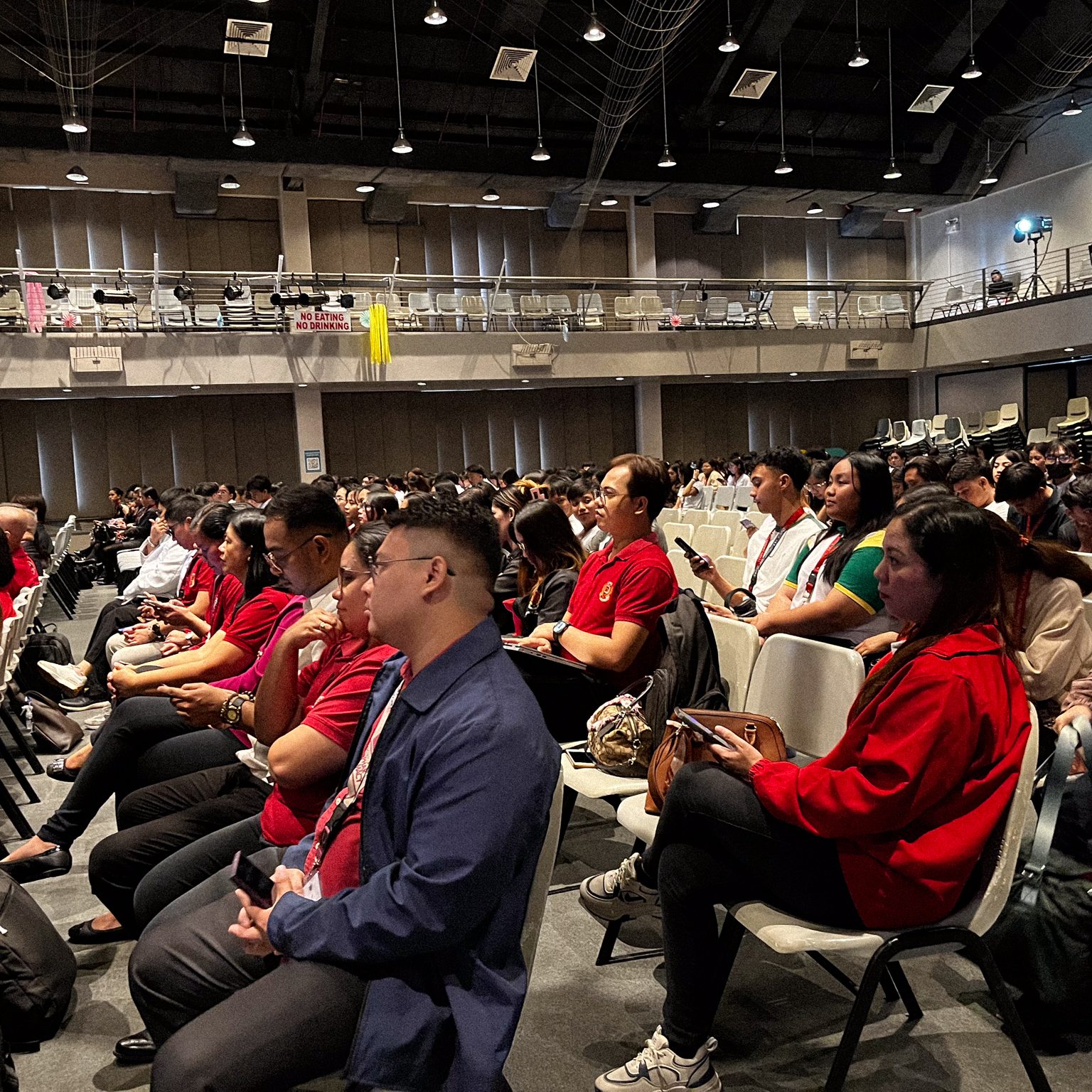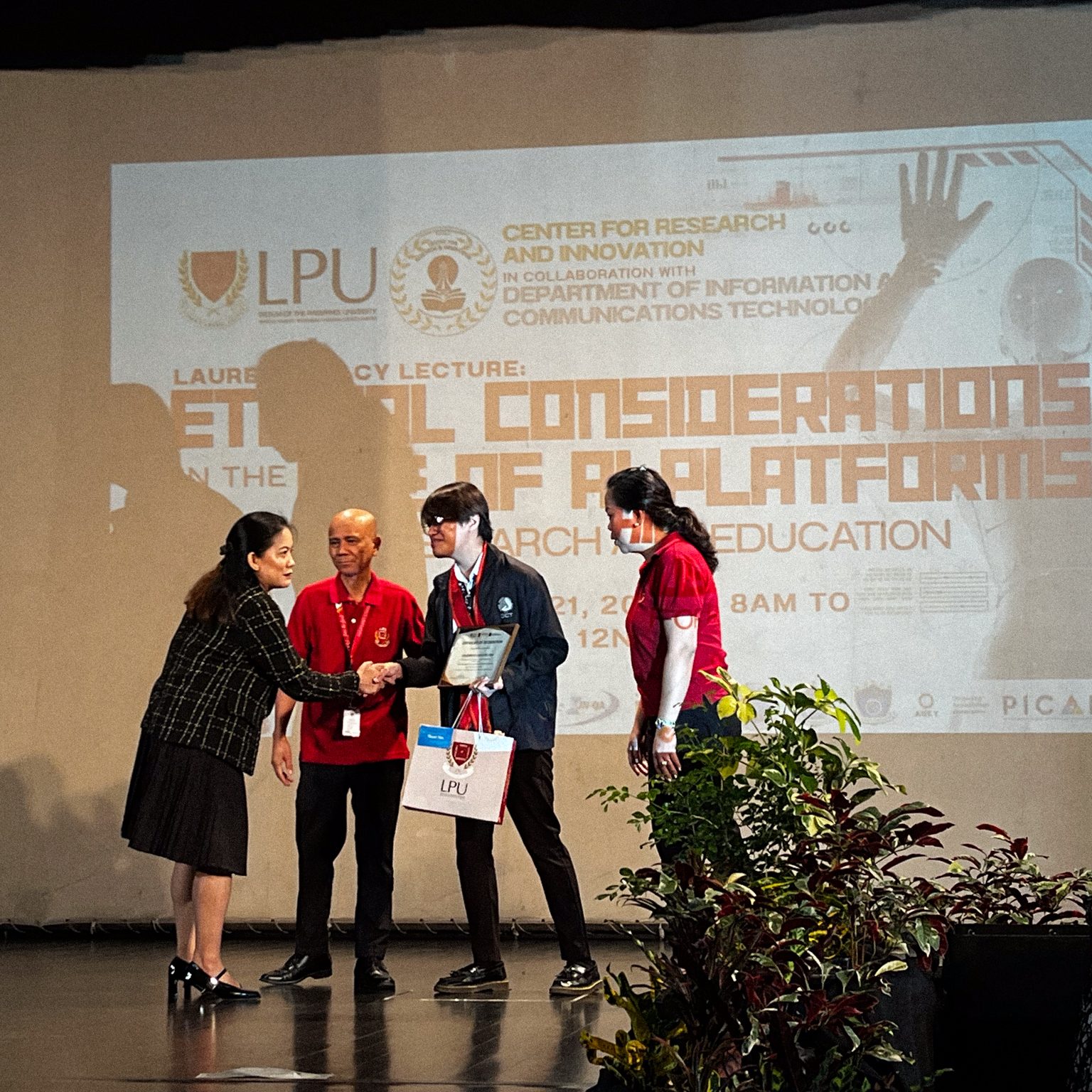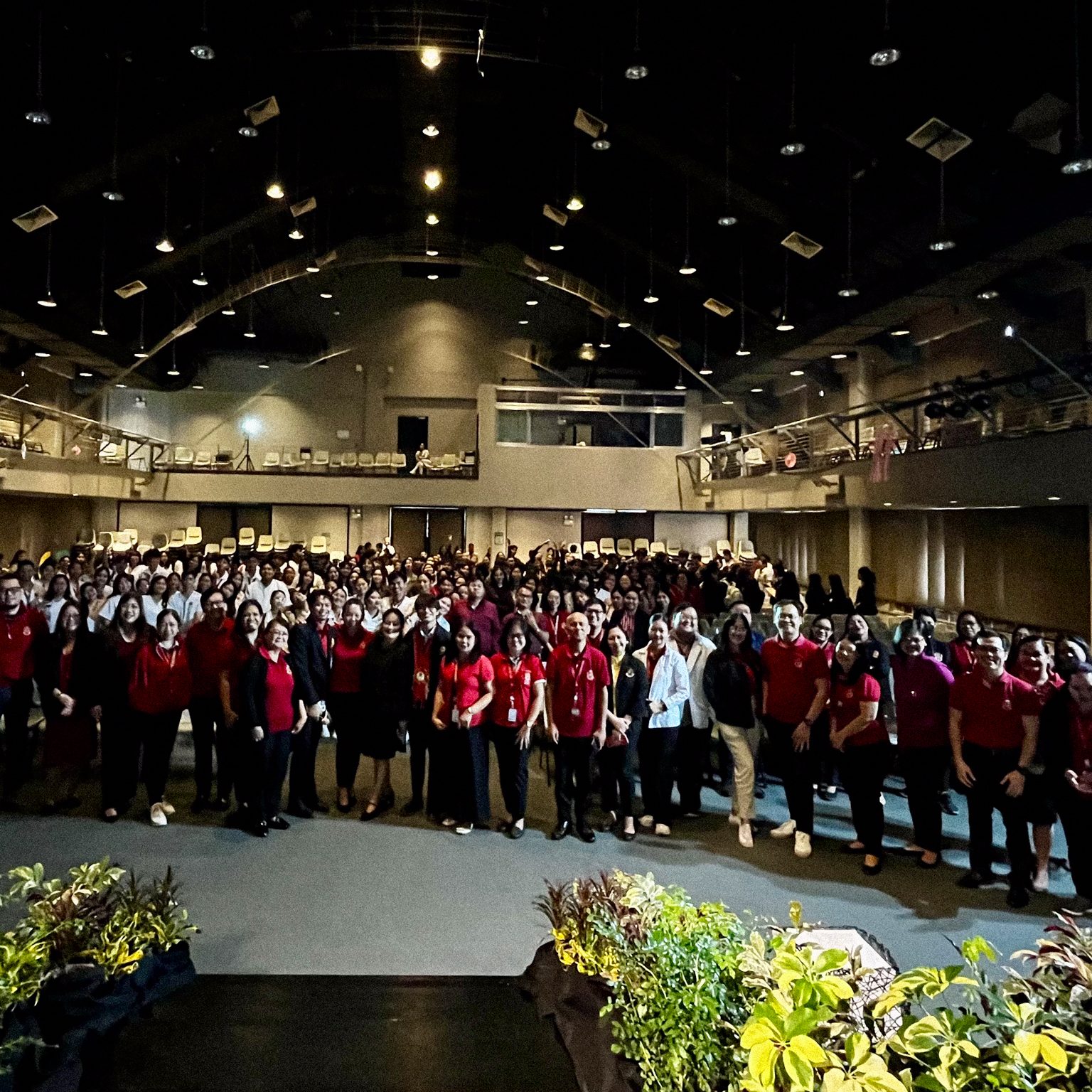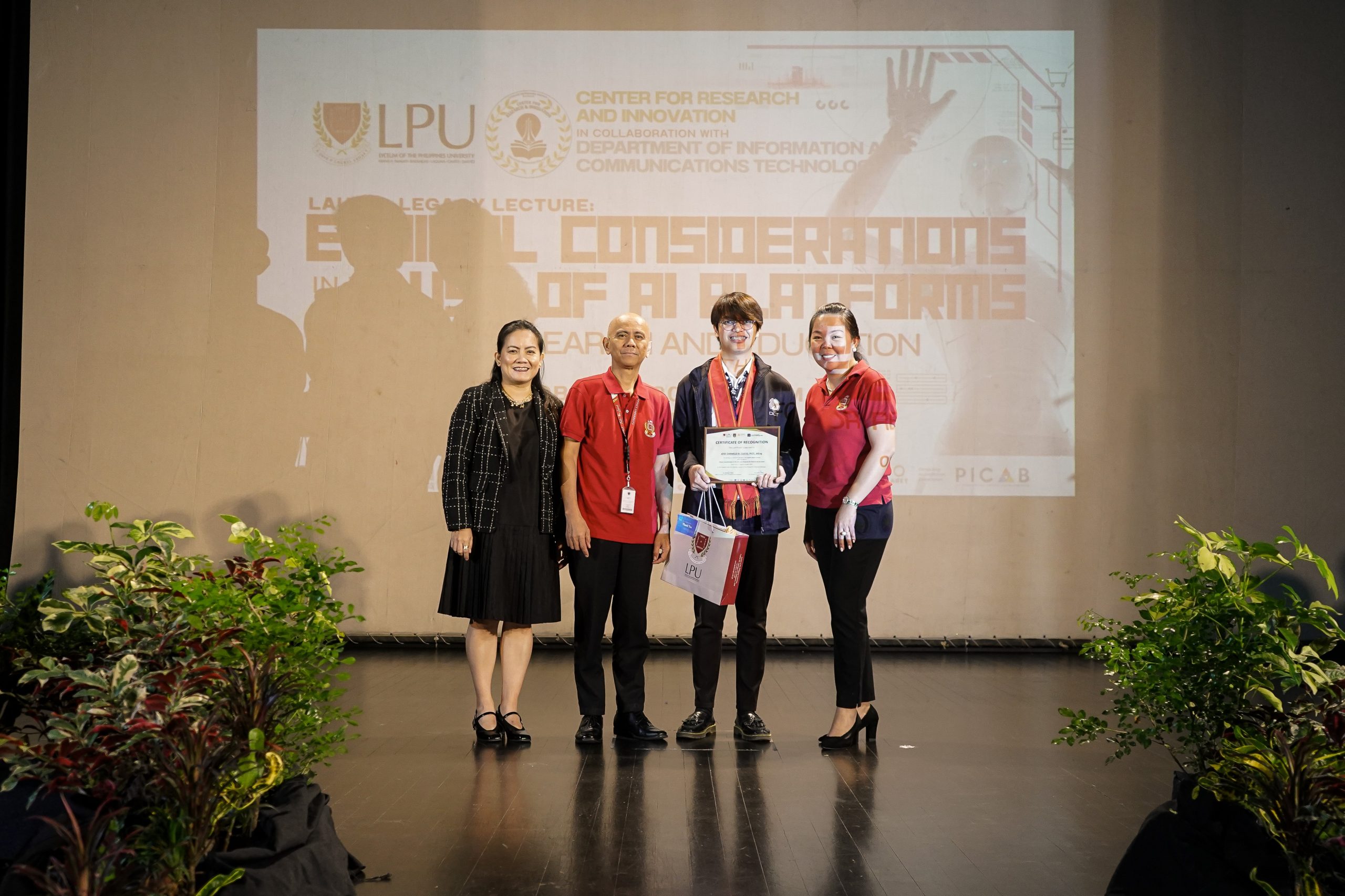
On its 58th Founding Anniversary, the Center for Research and Innovation (CRIN), in collaboration with the Department of Information and Communications, spearheaded the Laurel Legacy Lecture on Ethical Considerations in the Use of AI Platforms for Research and Education at the SHL Freedom Hall, on October 21.
The lecture aimed to provide a collaborative discussion for faculty and researchers to share their experiences and address the ethical concerns of using AI platforms in research and education.
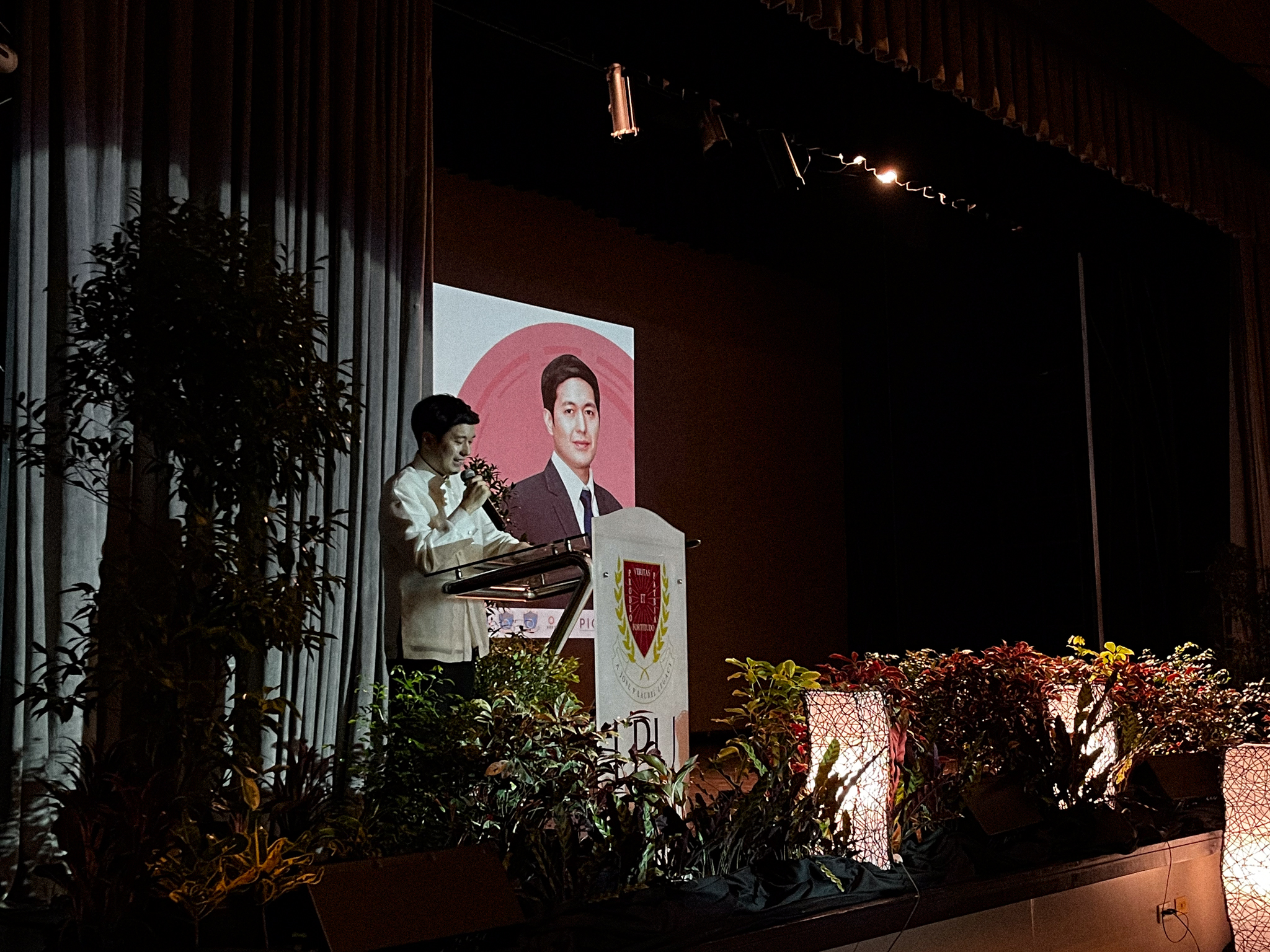
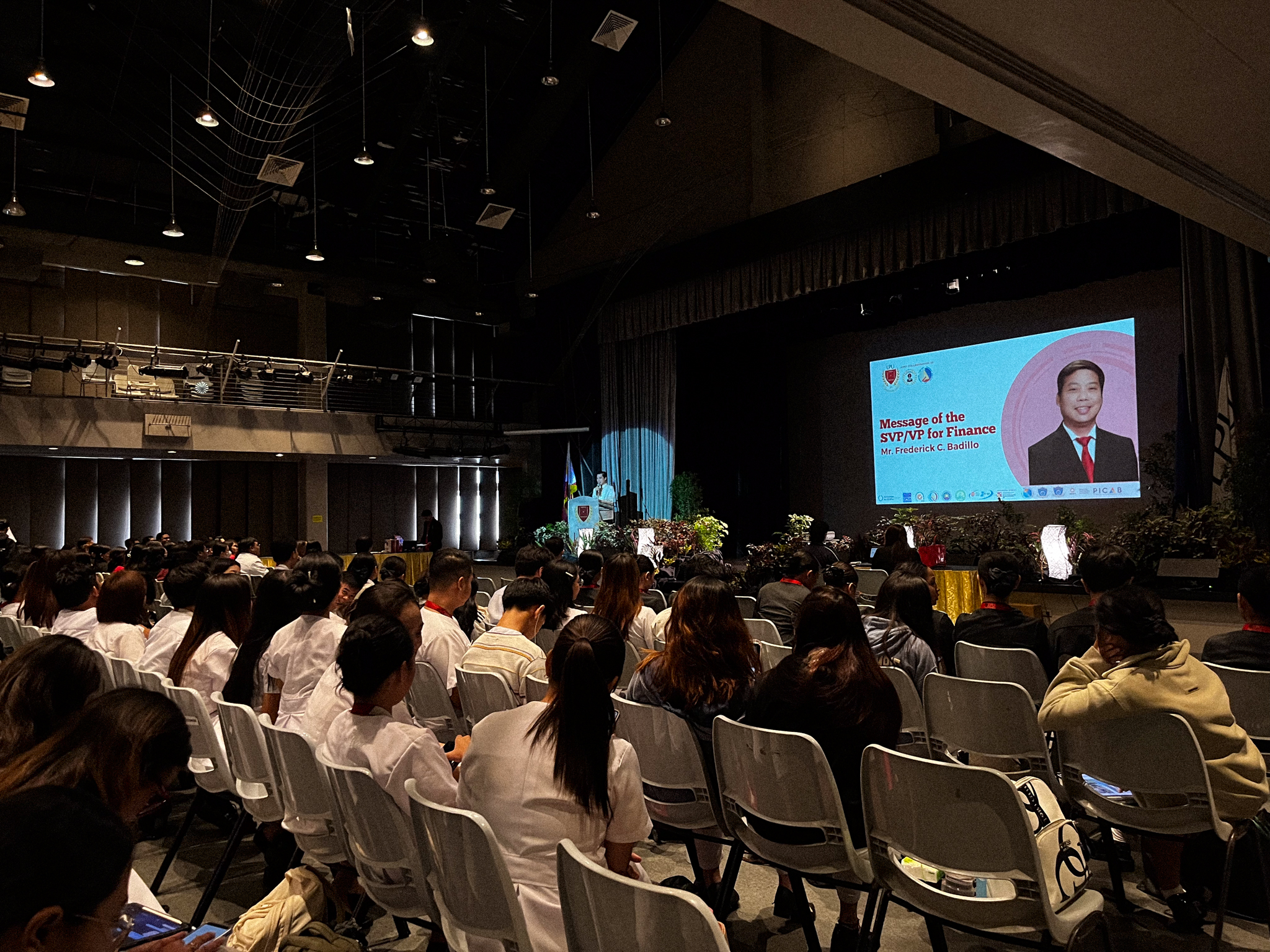
Engr. Jose Carmelo Cueto commends the university for being open to the use of AI, setting us apart from more conservative institutions, which makes the discussion more inviting and collaborative. He then proceeded to discuss the different advantages of using it like times when AI can predict disasters which may be helpful in the future, especially in a country like the Philippines prone to natural calamities like storms, earthquakes, and volcanic eruptions. One can also make use of AI in research through its text-mining process that provides a comprehensive literature review for one’s study or even provides insights into public opinion in the field of social sciences.
These may all seem appealing, they, however, can never be a truly beneficial invention as AI also poses several threats especially considering ethics in data privacy, bias and inclusion, and accountability. While AI can increase and improve technology, and it is also a machine learning tool that feeds from the information on the internet. Since the Internet is a public environment, everything becomes a public resource especially things posted on everyone’s social media accounts.
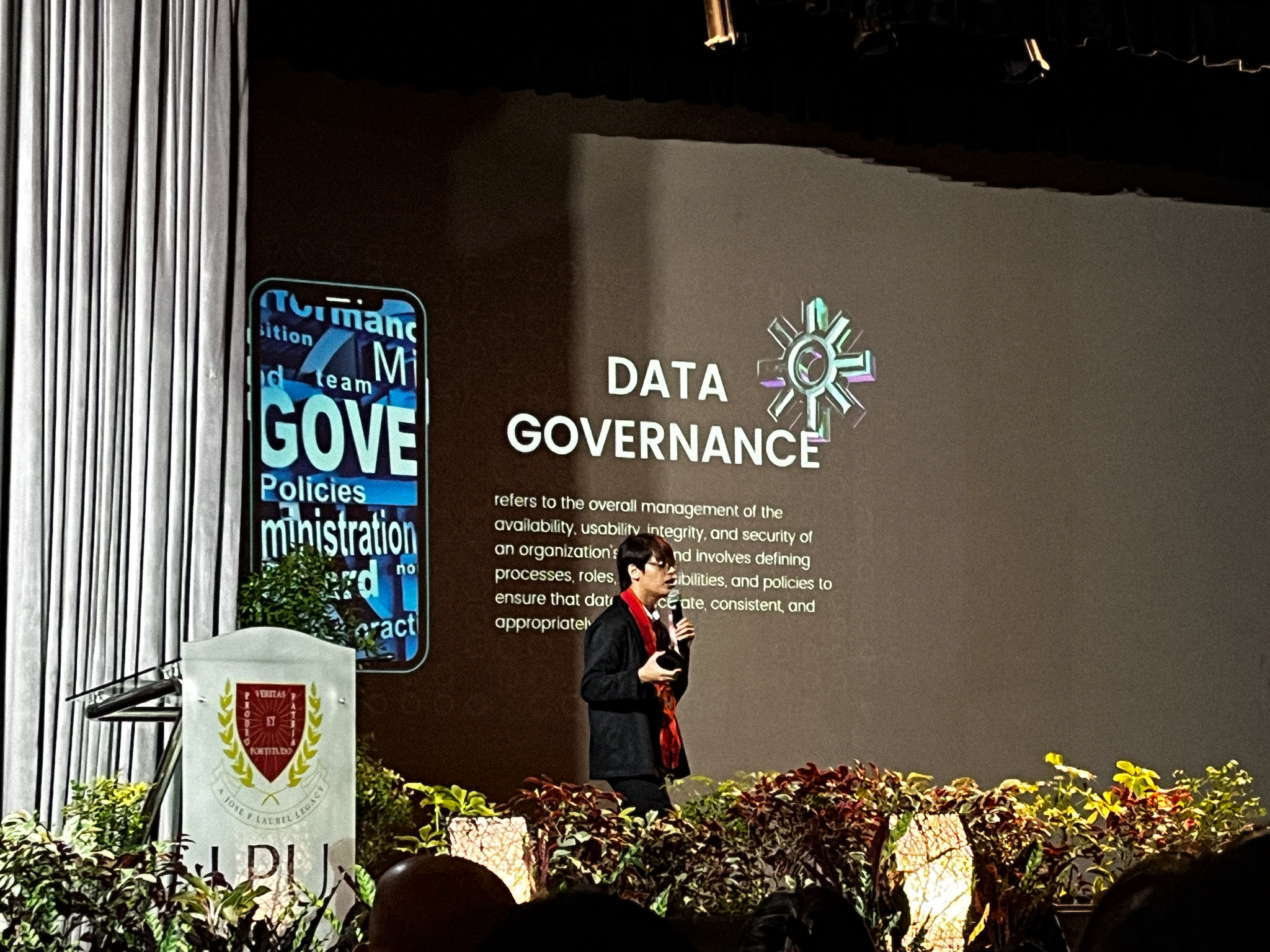
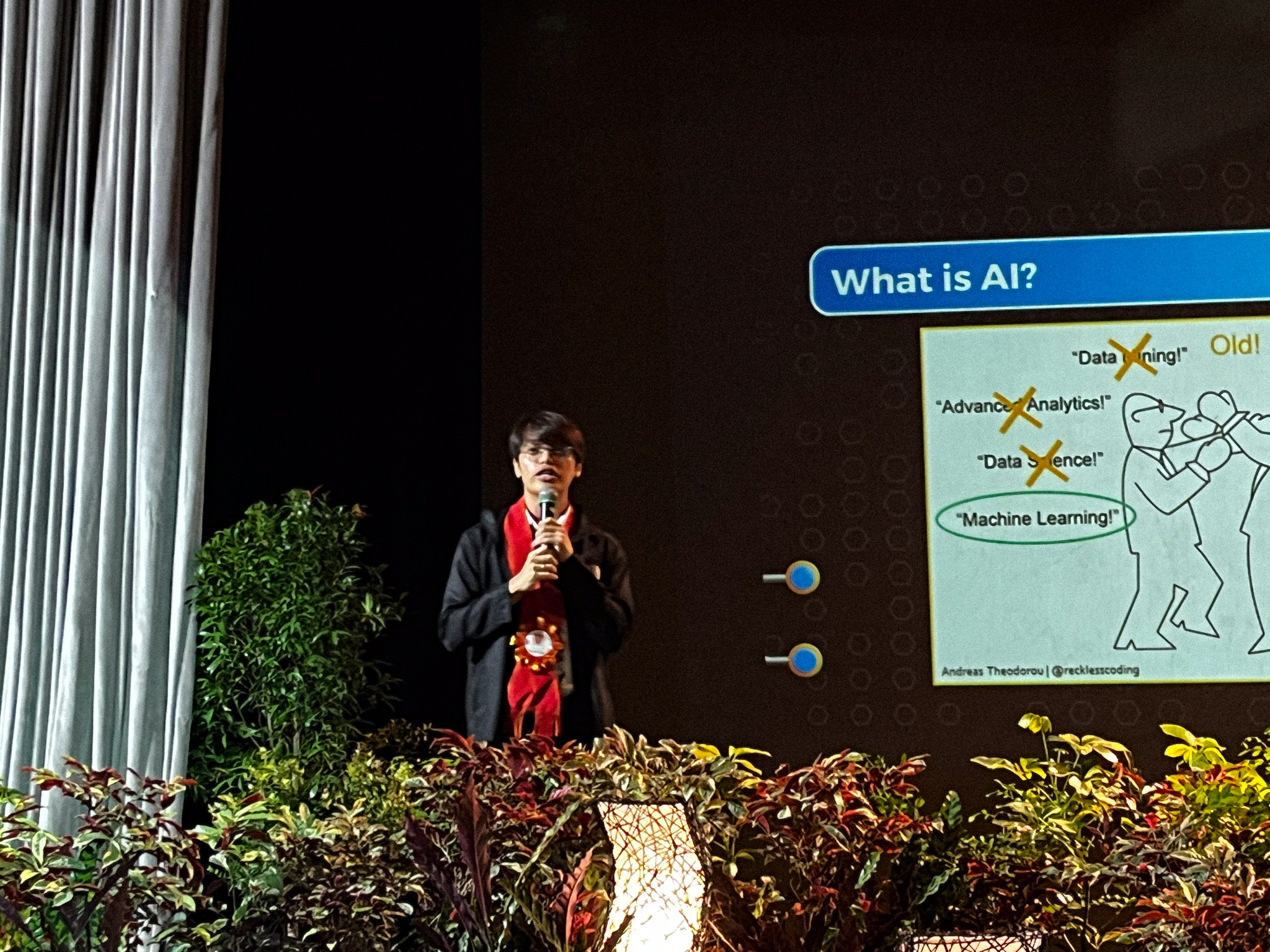
“AI is embedded in our phones,” Engr. Cueto said, explaining that the smartphones everyone uses are considered a walking artificial intelligence as soon as they connect to the Internet. The advertisements that show up on one’s news feed root from their activities on different applications installed on their mobile devices. These applications record one’s activities and use them as information on an individual, making social media a platform not just for shopping advertisements but also for political agendas, especially during elections. The speaker also cautioned the audience that if one’s use of social media is not controlled properly, AI can mimic or even replicate them.
Concluding his lecture, Engr. Cueto hopes that sooner or later, every industry will have their guidelines and policies regarding the use of AI. “Technology is a responsibility of every individual utilizing that tool,” he said as he emphasized on making collaborative efforts in implementing ethical practices on the use of AI. He further highlighted that ethical considerations play a big role in AI use “since today’s gold is today’s information,” he mentioned. Depending on how one utilizes AI, it can be useful or disruptive, so he challenged the audience to share the information and insights they learned from his lecture so more people may be aware of not just the advantages and disadvantages of using AI in research and education but also of how one can utilize it to improve their productivity without compromising their integrity.

